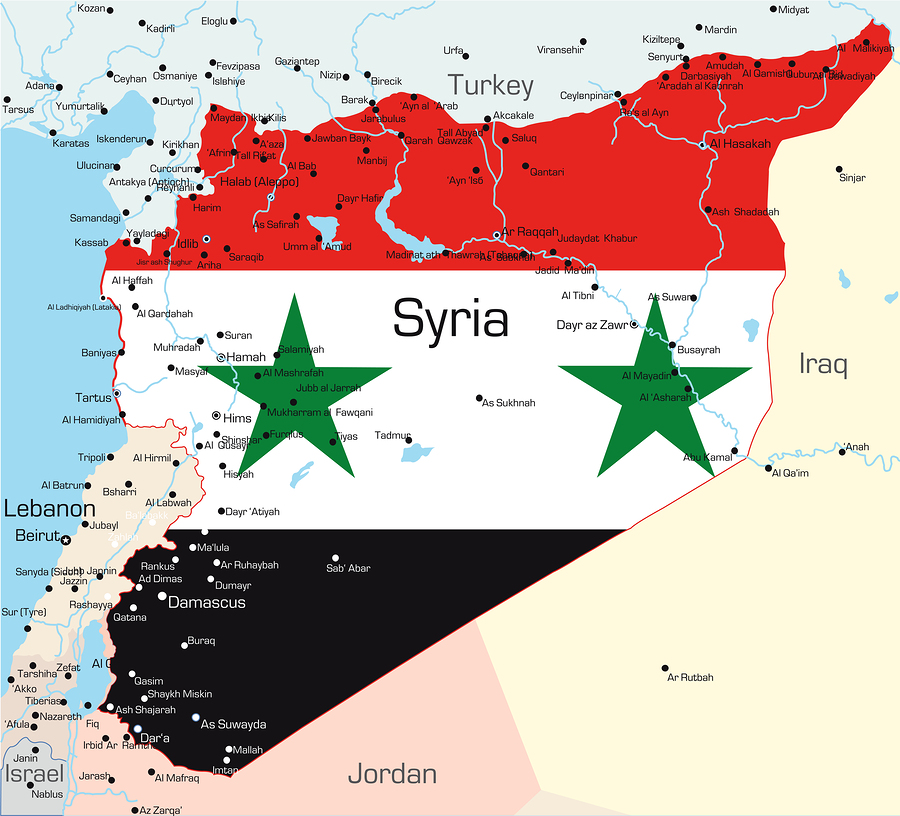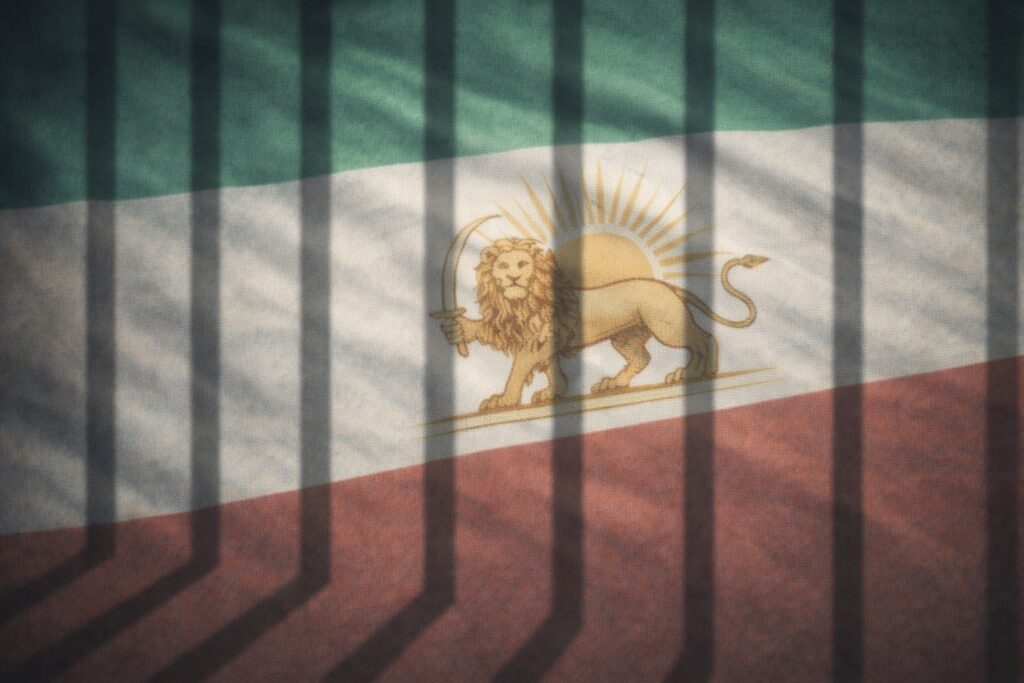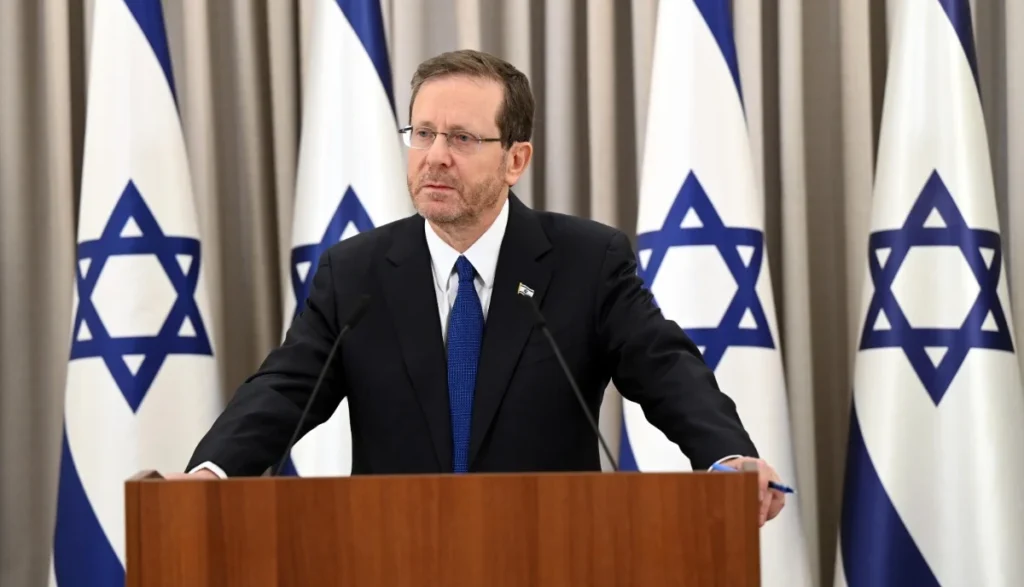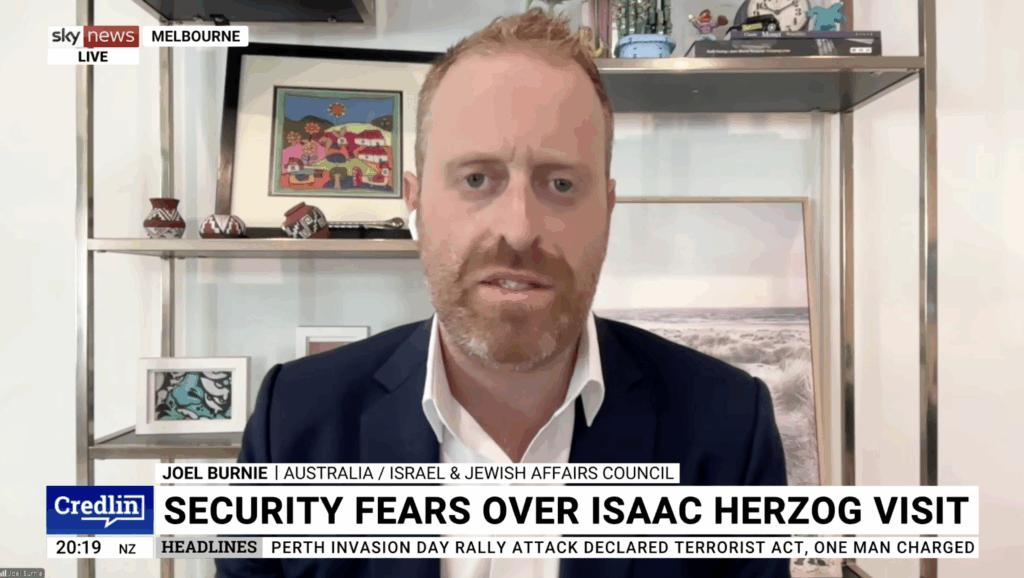UPDATES
Israel prepares for possible attack by Syria
August 30, 2013 | Sharyn Mittelman

The chemical weapon attack that killed hundreds of Syrian civilians shocked the world. The US and other Western nations have reportedly determined, based on intelligence evidence, that the Assad regime was responsible for the attack.
As Western powers deliberate how best to respond to this breach of international law and crime against humanity – which crossed US President Barack Obama’s declared “red line” – it looks like there will be targeted military strikes that will hurt, but not overthrow, the Assad regime.
Israel has largely avoided public comment on what to do about the Syrian situation, but the possibility of military strikes nonetheless singificantly impacts Israelis, because the Assad regime has threatened that if attacked, it will target Israel.
Syrian Foreign Minister Walid Moallem said on August 26 that the Assad regime would consider Israel “behind the [Western] aggression and [it] will therefore come under fire.”
Khalaf Muftah, a senior Ba’ath Party official, said, “We have strategic weapons and we’re capable of responding,” adding “Normally the strategic weapons are aimed at Israel.”
Taleb Ibrahim, a Syrian analyst, warned on state television that a US strike would prompt a three-front attack on Israel – by Syria, Iran and Hezbollah. A second Syrian television commentator, meanwhile, was quoted saying that “the land [of Israel] will tremble.”
Iran, the Assad regime’s patron, also issued direct warnings of its own. Iran’s chief of staff Hassan Firouzabadi declared on August 28 that “if the US attacks, the Zionists will burn,” and an Iranian journalist said to be close to Supreme Leader Ayatollah Ali Khamenei reportedly warned that Israel would “face tens of thousands of missiles.”
While Israeli military analysts believe that a Syrian attack on Israel is unlikely because an Israeli response could bring down the Assad regime, Israel has been preparing for it. Having said that, there is also the very real possibility that Syria will avoid attacking Israel directly, preferring to organise attacks on Israeli and Jewish targets around the globe.
On August 27, Israel’s Prime Minister Benjamin Netanyahu delivered a blunt warning: “The State of Israel is ready for any scenario. We are not part of the civil war in Syria but if we identify any attempt whatsoever to harm us, we will respond and we will respond in strength.”
Senior Israeli security officials are currently in the US holding talks with top Administration officials led by US National Security Adviser Susan Rice.
Israeli media has reported Israel will receive advance warning of a US-led strike.
In the meantime, Israeli citizens have been collecting gas masks, and the Israeli Security Cabinet has approved a limited call-up of reserve soldiers to prepare for the possibility of a Syrian attack.
“The cabinet approved the call-up for several thousand reservists; the IDF has so far chosen only to call up a few hundred,” a military source told the Times of Israel.
The limited call-up came hours after the IDF was reported to have deployed additional Iron Dome batteries, Arrow short-range rocket defense systems and Patriot missile-defense batteries in the north and areas near the Syrian border.
Israel’s Defence Minister Moshe Ya’alon said, “We are getting ready and are prepared, but there is no panic… The Syrians have crossed a red line set by the Americans. We are not dealing with this issue, the West and the Unites States are.”
Ya’alon added, “The Middle East, in the near future, will be characterized by a chronic instability… However, our borders are stable despite isolated incidents. Our responses illustrate our own red lines and are based on deterrence.”
Despite the IDF’s call for the Israeli public to remain calm, it is clear that many Israelis are feeling concerned and anxious. David Horowitz writes in the Times of Israel:
… to judge from the dramatic upsurge in Israelis seeking gas mask protection kits in the past few days, not all of the public is entirely persuaded that the daily Israeli routine is going to be completely unaffected by the imminent US-led intervention on the other side of the northern border… Sure, many Israelis have likely been reasoning in the last few days, a pragmatic Assad would hardly provoke his own demise by striking at Israel. But equally, they might counter, a pragmatic Assad would hardly have prompted US-led military intervention by gassing hundreds of his own people. Maybe Assad is a pragmatist. Maybe he isn’t. Perhaps more relevantly, maybe Assad is in full control of those branches of his armed forces that are equipped to gas Syrian civilians and those that are equipped to fire on Israel. And maybe he isn’t.
Yes, indeed, Israelis might further have been musing, Assad ought well be deterred by Netanyahu’s Tuesday vow to hit Syria hard if Israel detects so much as a threat in our direction. But then again, Assad may believe Israel isn’t actually interested in his demise – only in him being weakened – since the beneficiaries of his ouster would include highly unsavory al-Qaeda-affiliated forces. He might therefore think he could get away with a limited but face-saving swipe at Israel.
Meanwhile, another interesting piece in the Times of Israel by Mitch Ginsburg suggests there are fundamental differences of opinion within the Israeli security establishment as to the preferred outcome for Syria:
… the prevailing opinion is that weakening Bashar Assad harms Hezbollah and Iran and therefore trumps all other considerations. In Prime Minister Benjamin Netanyahu’s eyes, all considerations are subservient to the Iranian quest for the bomb… But there are also those who believe that Assad’s removal from the stage will only lead to far more extensive bloodshed and that a victory for the Sunni extremists will place Israel in greater peril than an Assad victory.
Maj. Gen. (res) Uzi Dayan, a former deputy chief of the IDF General Staff and a former head of the National Security Council, said… he is firmly opposed to deposing Assad. ‘What really frightens me is a ring of Muslim Brotherhood nations from Turkey to Egypt. That’s what I’m most concerned about,’ Dayan said. He suggested that Sunni extremists would then destabilize Jordan and Lebanon. ‘Whoever is interested in keeping the Hashemite Kingdom in Jordan,’ he said, ‘would do well not to support the deposing of Bashar Assad, because they [Jordan] are the next target.’ Furthermore, he called the killing of 100,000 people thus far during the war ‘a promo’ in comparison to what the future held in a post-Assad era.
Defense Minister Moshe Yaalon… suggested that the gravest possible result in Syria is anarchy. ‘The worst outcome in Syria is a chaotic situation… meaning a vacuum in which al-Qaeda elements, terror elements will come in and will challenge us, will challenge Jordan, will challenge the stability of the region.'”
Ginsburg also noted that Israel has already been struck by Syria during Syrian conflict:
On May 15, several days after Israel allegedly struck Fateh-110 missile warehouses in Damascus, at least two mortar shells landed on the high flanks of Mount Hermon. The original assessment was that this was stray fire from battles on the Syrian side of the Golan Heights. Veteran military analyst Ron Ben-Yishai subsequently revealed that the mortar fire on the Hermon had not been an accident. It was an assignment that the Syrian regime farmed out to Hezbollah, which then farmed it out to an unknown extremist Sunni organization, which launched the retaliatory fire. That sort of attack allowed Damascus to claim domestically that it had responded to Israeli aggression, and it allowed Israel, for its part, to absorb the blow in silence.
However, it seems that Western strikes on Syria are not as imminent as many analysts have predicted, with the US apparently preferring to delay any response for the moment. Obama said in a televised interview “I have not made a decision.” He also said, “Although what’s happened there is tragic, and although I have called for Assad to leave and make sure that we got a transitional government that can be inclusive in Syria, what I’ve also concluded is that direct military engagement, involvement in the civil war in Syria would not help the situation on the ground… I have no interest in any kind of open-ended conflict in Syria, but we do have to make sure that when countries break international norms on weapons like chemical weapons that could threaten us, that they’re held accountable.”
The UK has also backtracked from Prime Minister David Cameron’s earlier supportive stance, ruling out the UK’s involvement in any military action in Syria following the British Parliament’s vote on the matter. In a humiliating defeat, Cameron’s non-binding motion was defeated 285-272.
Cameron said, “I strongly believe in the need for a tough response to the use of chemical weapons but I also believe in respecting the will of this House of Commons,” adding, “It is clear to me that the British Parliament, reflecting the views of the British people, does not want to see British military action. I get that and the Government will act accordingly.”
The US responded that it would “continue to consult” with Britain, one of its “closest allies and friends,” but added that it would act in US interests, and in the belief that countries that used chemical weapons had to be “held accountable.”
Hope for a UN Security Council Resolution condemning the Assad regime, and allowing military action in Syria appears remote, with Russia and China (both veto powers), opposing any resolution.
Russia and China have already vetoed three Security Council resolutions condemning the Assad regime since the start of the Syria conflict in March 2011.
Australia, a non-permanent member of the Security Council, assumes the presidency of the Council on Sunday, and it will play a fundamental role in talks on this critical issue.
Australian Prime Minister Kevin Rudd said yesterday, it was the Federal Government’s belief “the Syrian regime is responsible for these chemical weapons attacks on the Syrian people… The evidence, in our judgment, is now overwhelming.” He added, “It is an offence against humanity and is a crime against humanity… In the absence of such a response, the problem is this – the regime could then take succour that it could do this again… We do not believe that is the right course of action.”
Meanwhile, as I documented in a previous post, Israeli hospitals have also been quietly treating dozens of Syrians injured in the civil war. Interestingly, the new Australian Ambassador to Israel, Amb. David Sharma, has just written an excellent short post describing his own meetings with Syrian victims being treated at the Ziv Medical Centre in Safed in northern Israel, and expressing his appreciation for this “profound example of humanity and decency at its most compelling” on the part of Israel.
– Sharyn Mittelman
Tags: Israel





